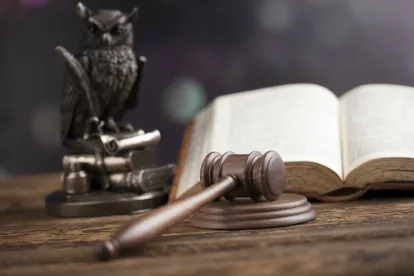Illustrating the importance of expert testimony in establishing a factual basis for private nuisance claims and damages in tort actions, a Pennsylvania federal judge vacated a $4.24 million jury verdict and granted a new trial in a case about alleged contamination from natural gas production operations. See Ely v. Cabot Oil & Gas Corp., Civil No. 3:09-CV-2284 (M.D. Pa. Mar. 31, 2017)
In 2009, plaintiff landowners sued defendant Cabot Oil & Gas Corp. for allegedly causing nuisance injuries and property damage, including restricting their access to clean water, through its natural gas drilling operations. The plaintiffs originally brought claims for breach of contract, fraudulent inducement, private nuisance, negligence, negligence per se, medical monitoring, and violations of state environmental laws, but the court earlier granted defendant’s motions for summary judgment on most of those claims. When the case went to trial in 2016, only two claims—private nuisance and negligence—remained.
At trial, the court granted the defendant’s motion for a directed verdict on the negligence claim. Thus, the jury only considered the private nuisance claim. Despite the case being so limited in scope, the jury returned a $4.24 million verdict for the plaintiffs. The defendant sought relief from the judgment.
While the court concluded that the defendant did not meet the high standard required for judgment as a matter of law, it vacated the jury verdict and ordered a new trial. In justifying its ruling, the court cited “a constellation of serious problems [that] thoroughly undermined” the jury’s verdict. The court noted that the evidence presented by the plaintiffs did not support the verdict. Specifically, the court cited uncontroverted evidence that groundwater beneath the plaintiffs’ property was contaminated prior to drilling and compared the speculative and disputed testimony from the plaintiffs’ expert witnesses with the stronger and more rigorous testimony from the defendant’s experts. Second, the court explained that the plaintiffs’ conduct at trial was prejudicial and improper because, among other actions, they did not abide by evidentiary rulings and encouraged the jury to engage in speculation. Third, the court held that the damages award for the single remaining claim was unreasonable based on the limited testimony from the plaintiffs about their alleged injuries.





 />i
/>i

